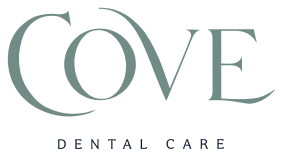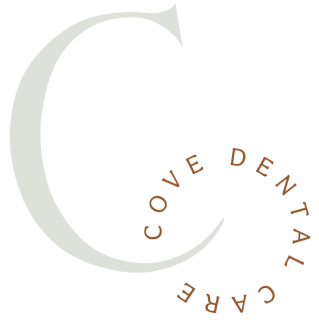2104 Old Spartanburg Rd Greer, SC 29650

Dental Bacteria Testing in Greer, SC
Testing for dental bacteria entails the diagnostic assessment of the types and quantities of bacteria residing in the oral cavity. This process is invaluable for the detection and treatment of diverse oral health issues like cavities, gum disease, and halitosis.
Upon identifying the bacterial composition in the mouth, dental practitioners can devise tailored treatment strategies to address existing oral health concerns. These interventions might encompass antibiotic usage, mouthwash applications, or the implementation of other oral hygiene measures to regulate bacterial proliferation and propagation within the oral environment.
Methods of Bacteria Testing Include
Saliva Testing: encompasses the collection of a saliva sample followed by laboratory analysis to ascertain the types and quantities of bacteria within the sample.
Plaque Testing: entails gathering a dental plaque sample from the teeth and subjecting it to laboratory analysis to determine the types and quantities of bacteria present.
DNA Testing: employs advanced DNA analysis techniques to pinpoint the specific types of bacteria residing in the oral cavity.
Microscopy: entails the utilization of a microscope to scrutinize dental plaque samples for the existence of bacteria.
More About Oral Bacterial Testing
Oral bacterial testing, an increasingly prominent diagnostic tool in dentistry, offers a unique perspective into the complex ecosystem of the oral cavity. This innovative method involves analyzing the composition of bacterial species present in the mouth, unveiling their significance in oral health and disease. By unraveling the intricate interactions within the oral microbiome, dental professionals can make informed decisions for customized treatment and preventive measures. In this exploration, we delve into the concept of oral bacterial testing, its significance, the process involved, its applications, and its potential to revolutionize oral healthcare.
The oral microbiome, a diverse community of microorganisms residing in the mouth, plays a crucial role in maintaining oral health. However, an imbalance in this microbiome can lead to various dental issues, including cavities, gum disease, and halitosis. Oral bacterial testing offers a deeper understanding of the oral microbiome's composition, enabling dental professionals to identify specific bacterial species associated with both health and disease. This knowledge empowers them to devise targeted interventions that address the underlying causes of oral health problems.
Oral bacterial testing entails a comprehensive analysis of the bacteria present in a patient’s oral cavity. The process typically begins with collecting a saliva or plaque sample, which is then sent to a laboratory for analysis. Advanced techniques, such as DNA sequencing, are employed to identify the various bacterial species present. The results provide valuable insights into the diversity and abundance of bacteria, enabling dental professionals to discern patterns associated with different oral health conditions.
This testing method has diverse applications in clinical dentistry. It enables personalized treatment plans by identifying the specific bacteria responsible for a patient’s oral health issues, thus enhancing the effectiveness of interventions. Additionally, it helps assess an individual’s risk of developing dental problems, guiding preventive strategies and promoting proactive oral care. Periodic bacterial testing allows dental professionals to monitor changes in the oral microbiome over time, evaluating the efficacy of treatments and making adjustments as needed. Moreover, by detecting imbalances in the oral microbiome before symptoms arise, early interventions can potentially prevent the progression of dental diseases. Research suggests a link between oral health and overall health, and oral bacterial testing could provide insights into systemic conditions influenced by oral microbiome imbalances.
While promising, oral bacterial testing also presents challenges. Interpreting the vast amount of microbial data requires expertise, and establishing a causal relationship between specific bacteria and oral diseases is complex due to the dynamic nature of the oral microbiome.
Bacterial testing involves collecting personal biological information, raising concerns about patient privacy and informed consent. Dental professionals must adhere to ethical guidelines and inform patients about the purpose and potential benefits of the testing.
Oral bacterial testing holds promise for transformative advancements in dentistry. As technology progresses, testing methods may become more accessible and affordable. Integrating bacterial analysis with other diagnostic tools could lead to a comprehensive understanding of oral health.
Oral bacterial testing offers insights into the intricate world of the oral microbiome, potentially revolutionizing dental care. By elucidating the role of bacterial species in oral health and disease, dental professionals can tailor treatments, assess risks, and enhance preventive strategies. As this field evolves, integrating bacterial testing into routine dental practice could pave the way for more personalized and effective oral healthcare.

